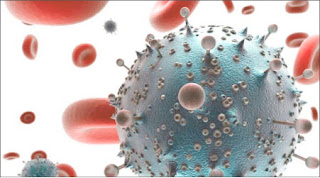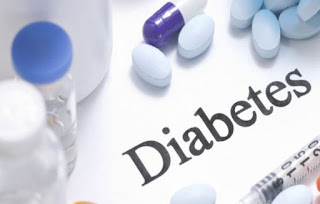SDGs May Fail Without Increased Funding For Family Planning

By Chioma Umeha To control rapid population growth, its associated problems and achieve Sustainable Development Goals (SDGs), stakeholders have called for increased budgetary allocation to family planning as Nigeria joins the rest of the work to mark 2017 World Population Day (WPD). Speaking on this year’s WPD theme, “Family Planning, Birth Spacing: Empowering People, Developing Nations,” Chief Eze Duruiheoma, Chairman, National Population Commission (NPC), said that family planning and birth spacing are measures to attain a sustainable family size by way of allowing for adequate intervals between births, employing especially the use of contraception. Duruiheoma said, “Family planning is not only about saving lives but also empowering people and developing nations. “Family and birth spacing are personal decisions but their profound implications on health, economic and social wellbeing of the society are far reaching. “That is why simple individual decision







